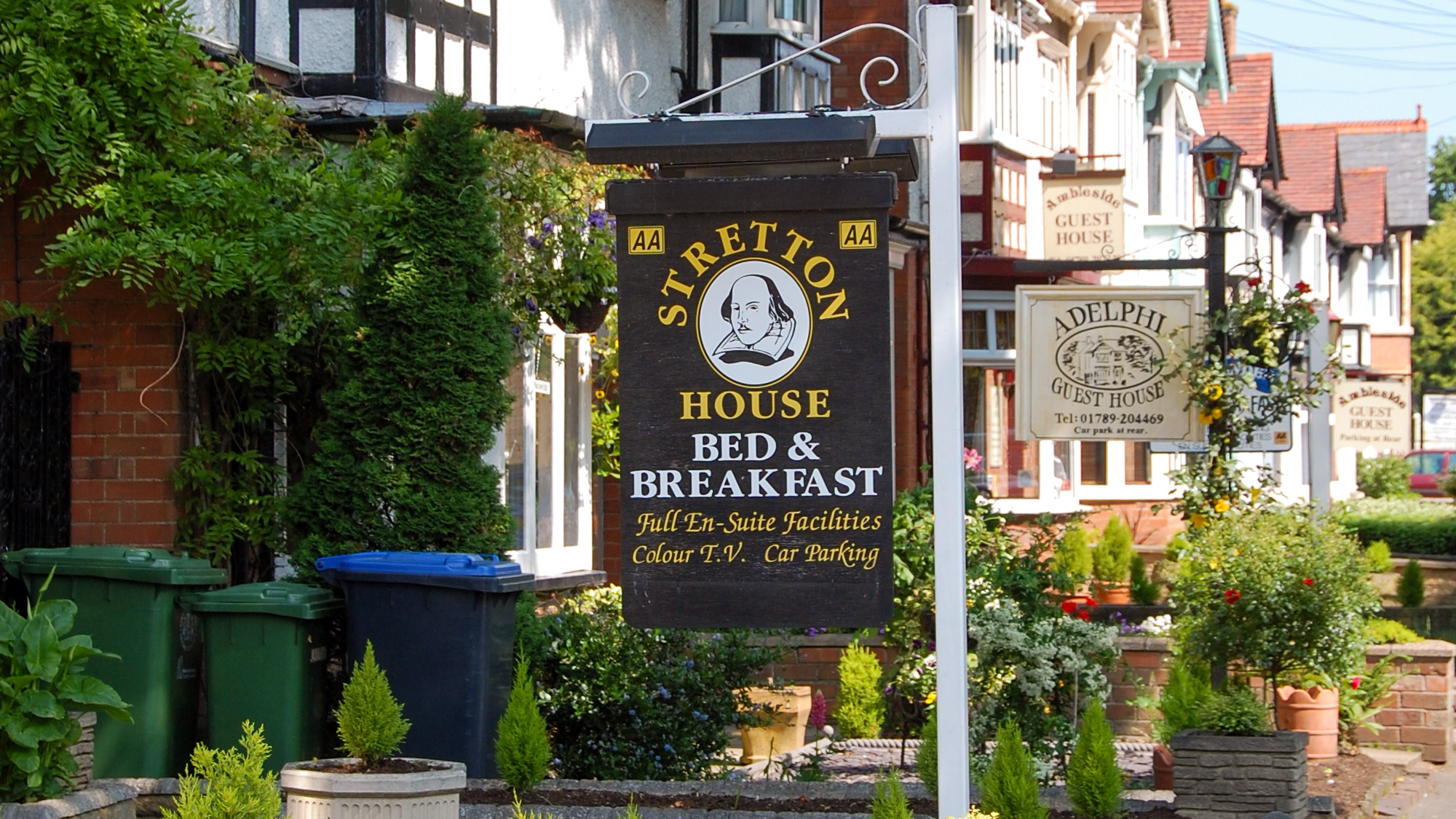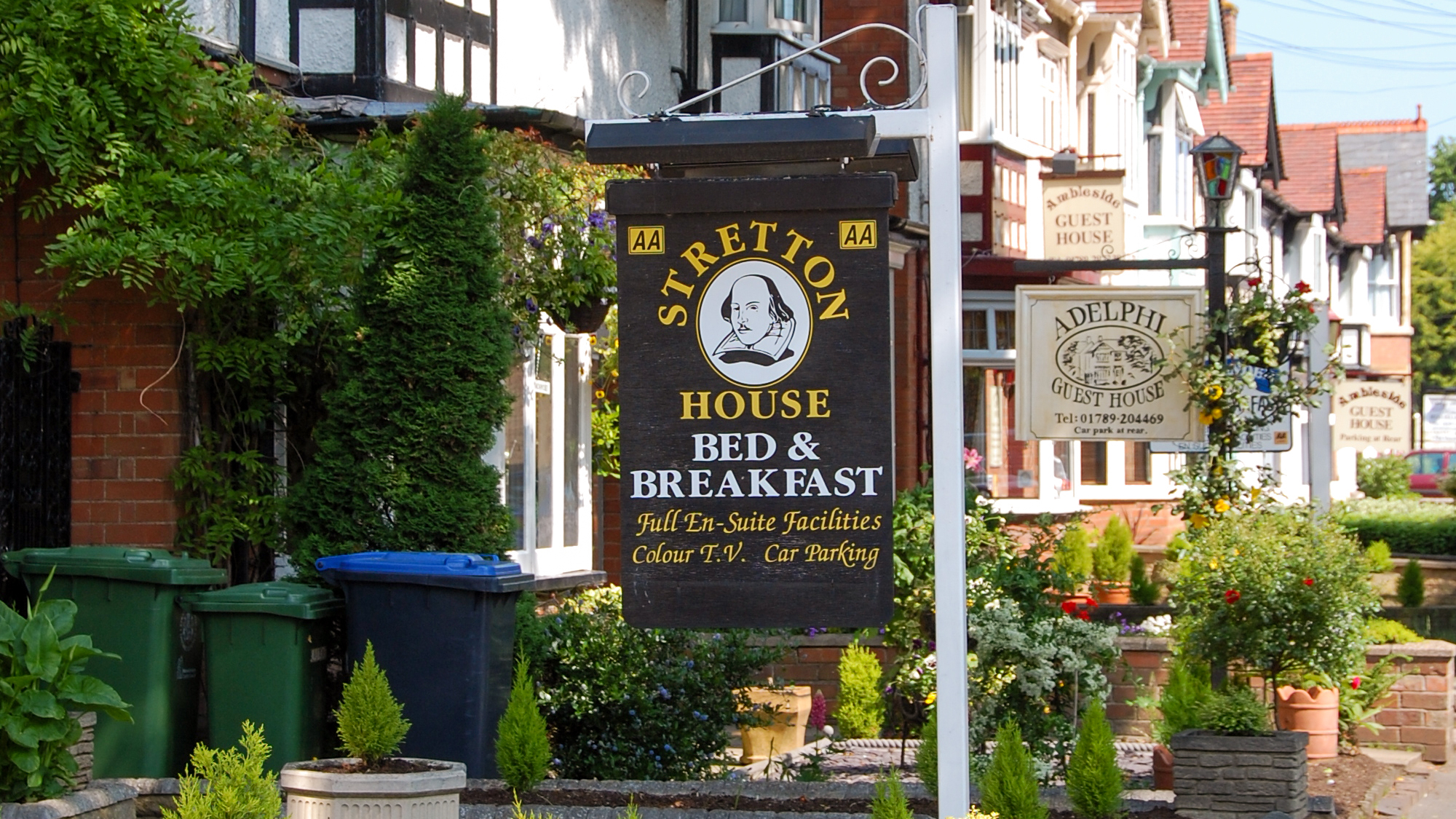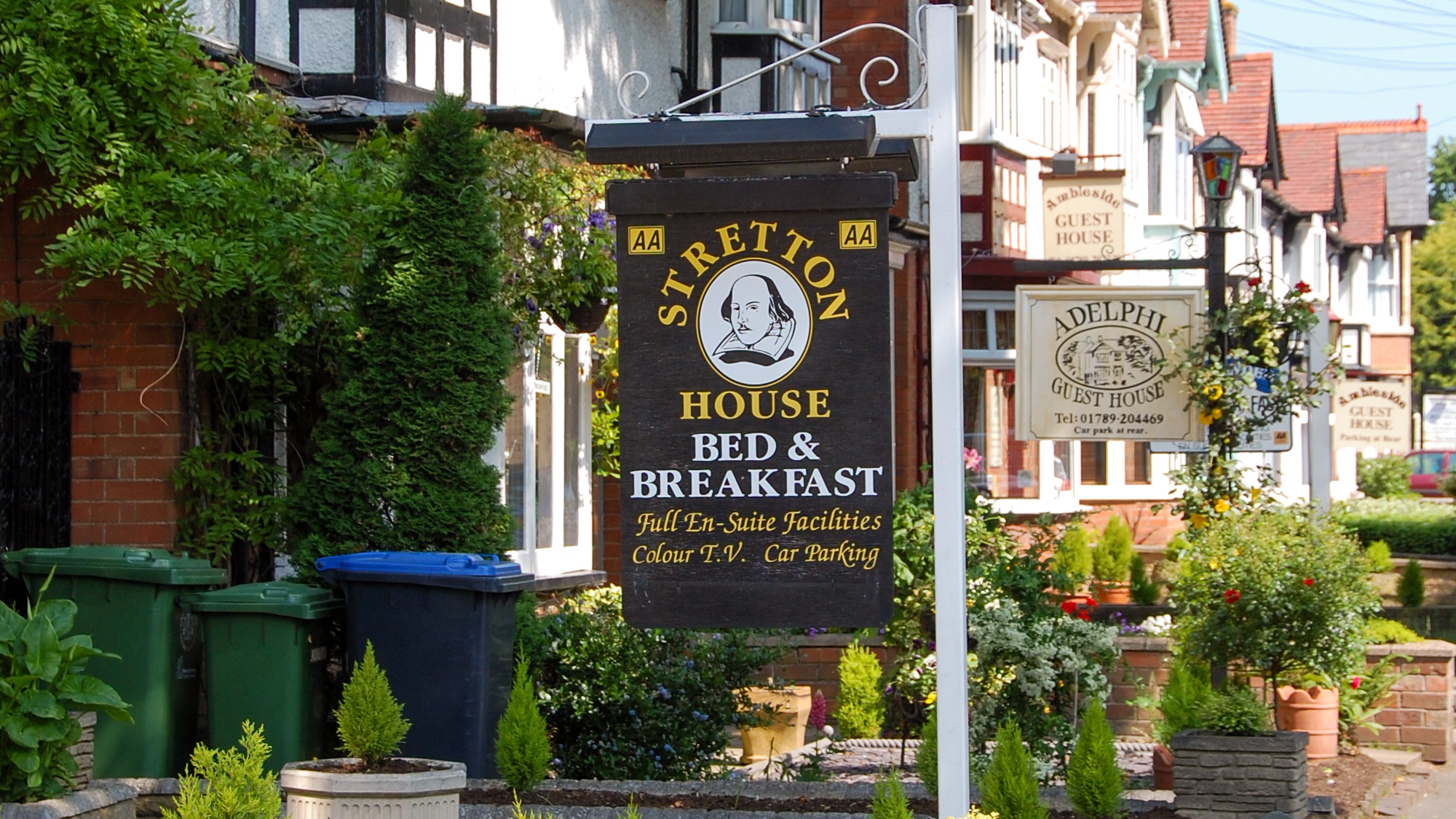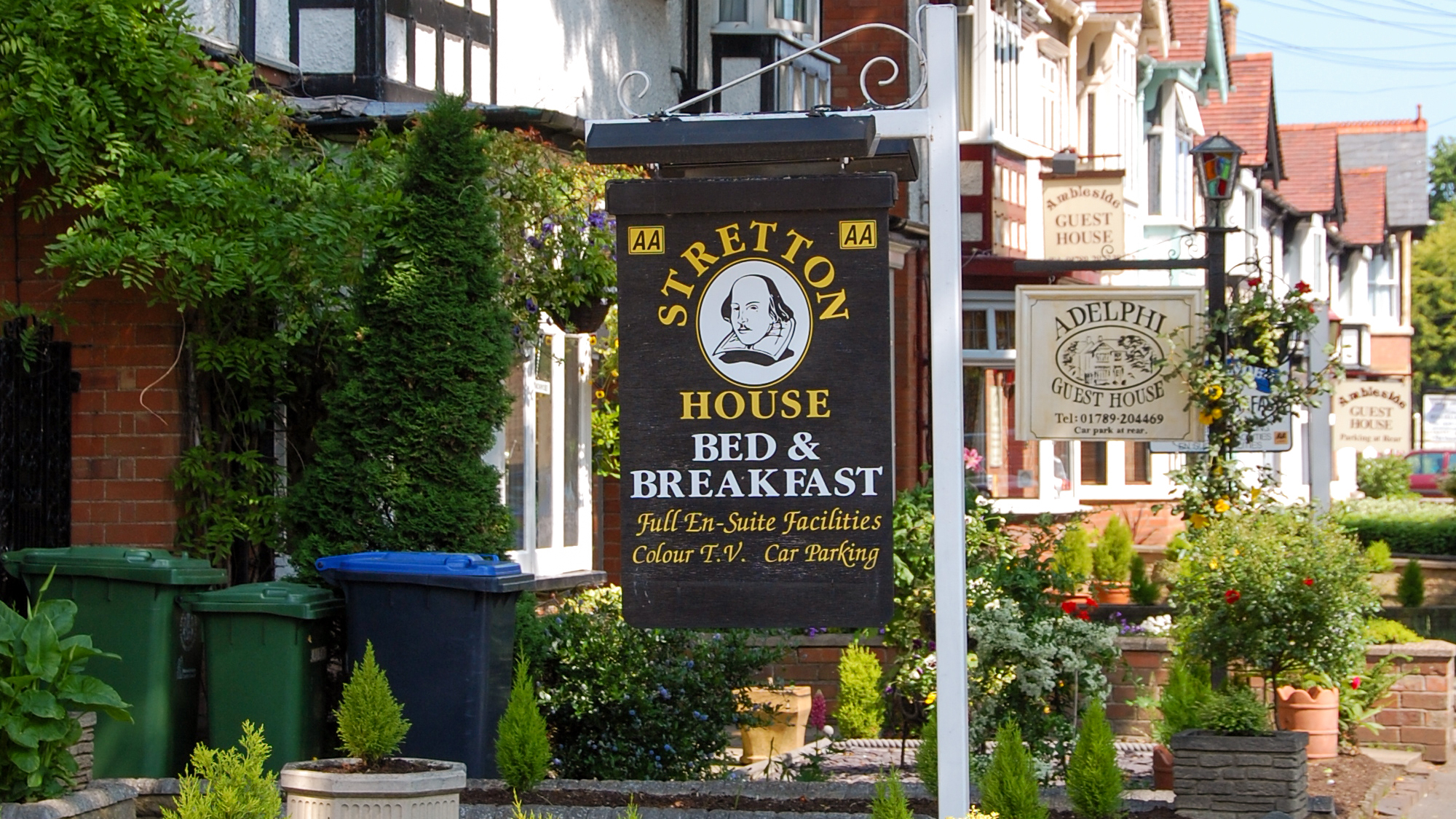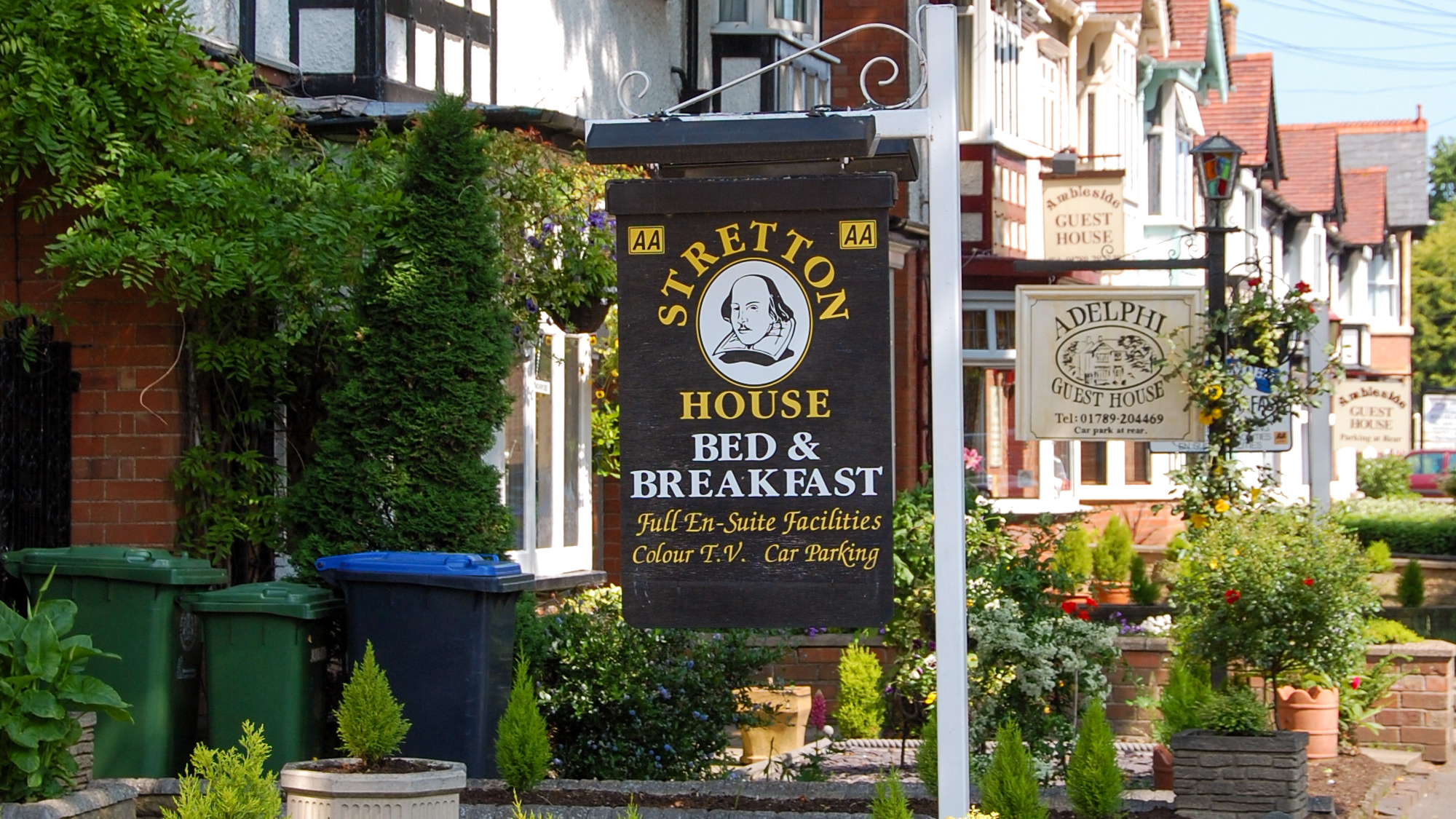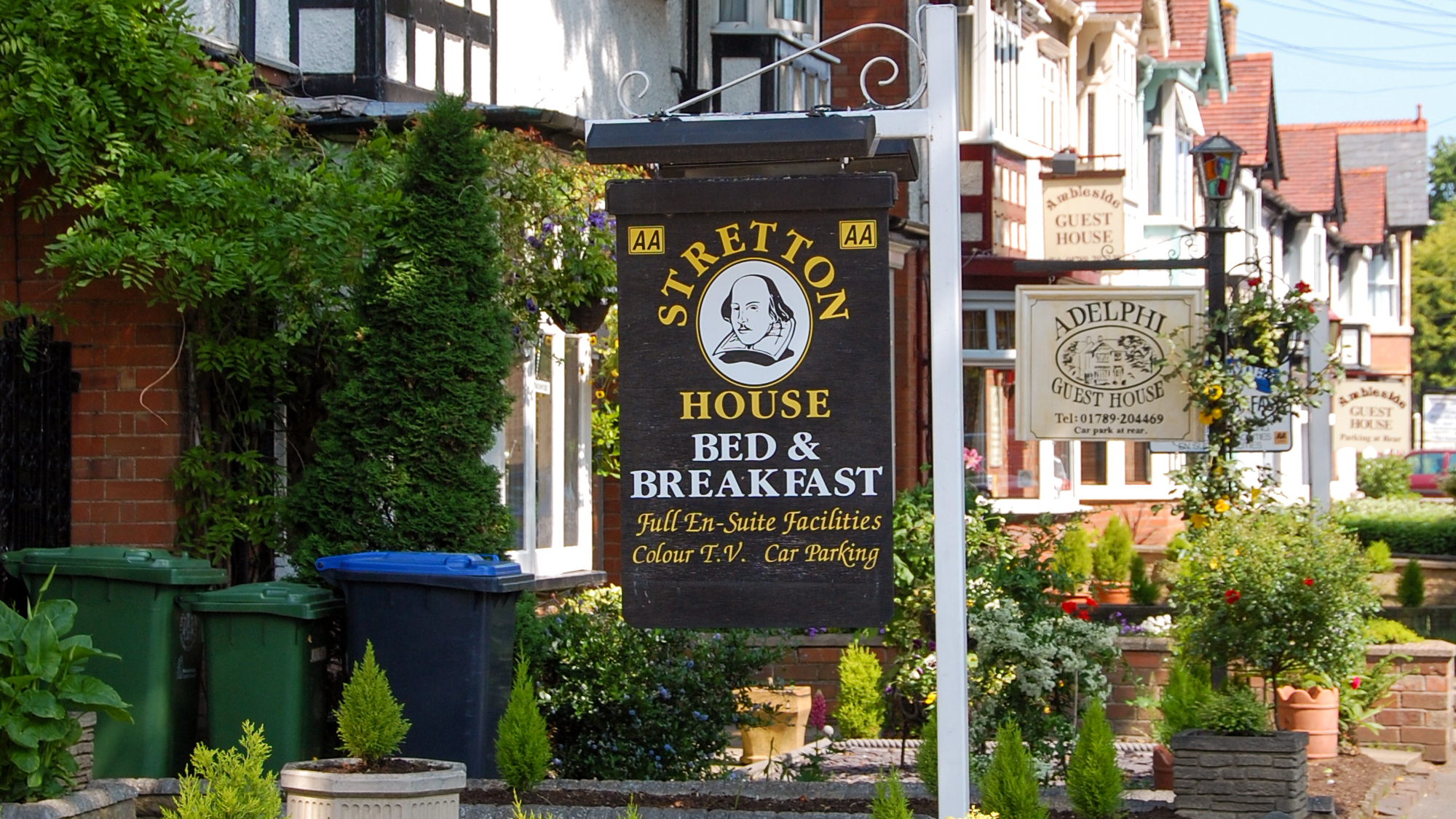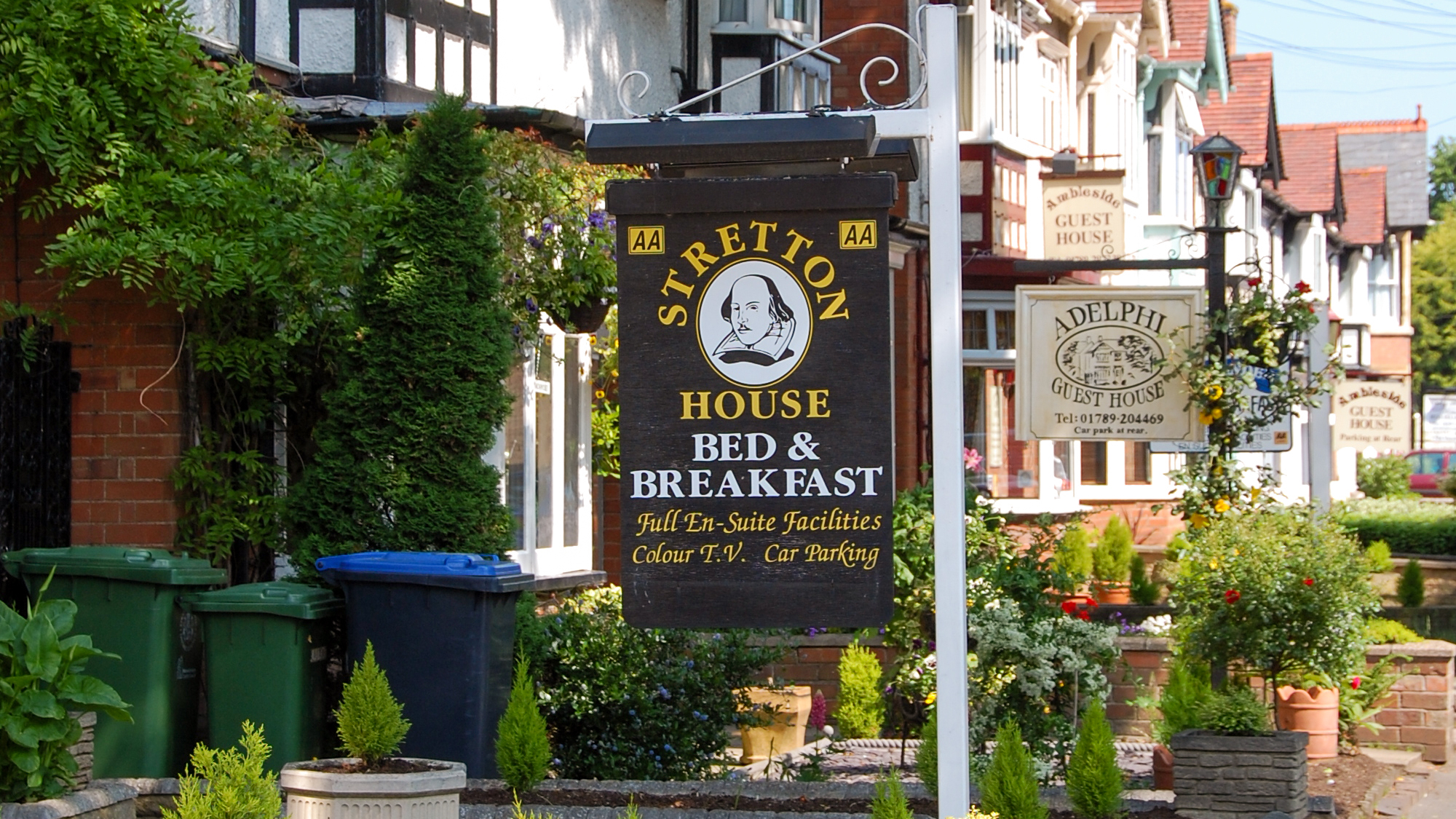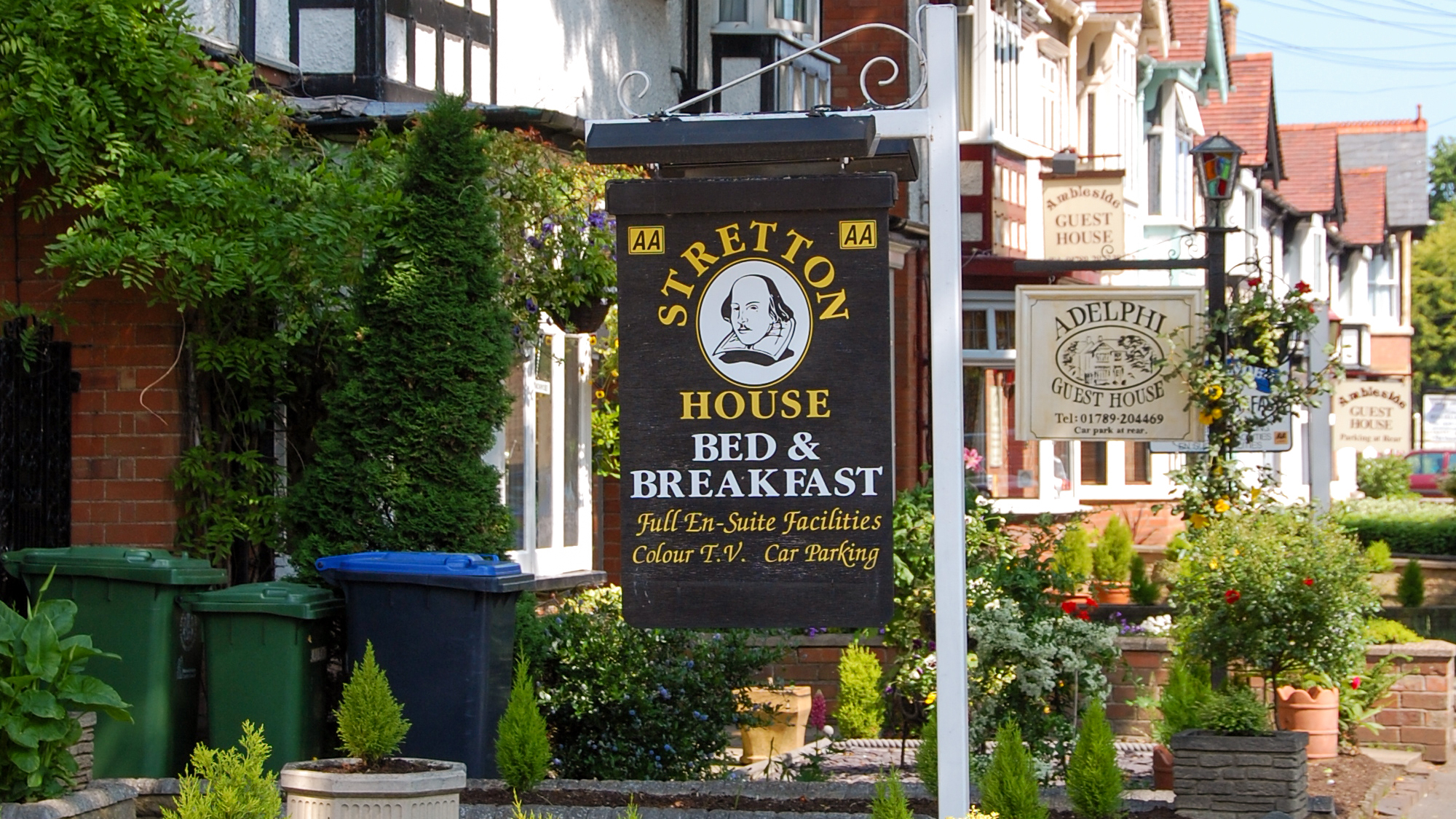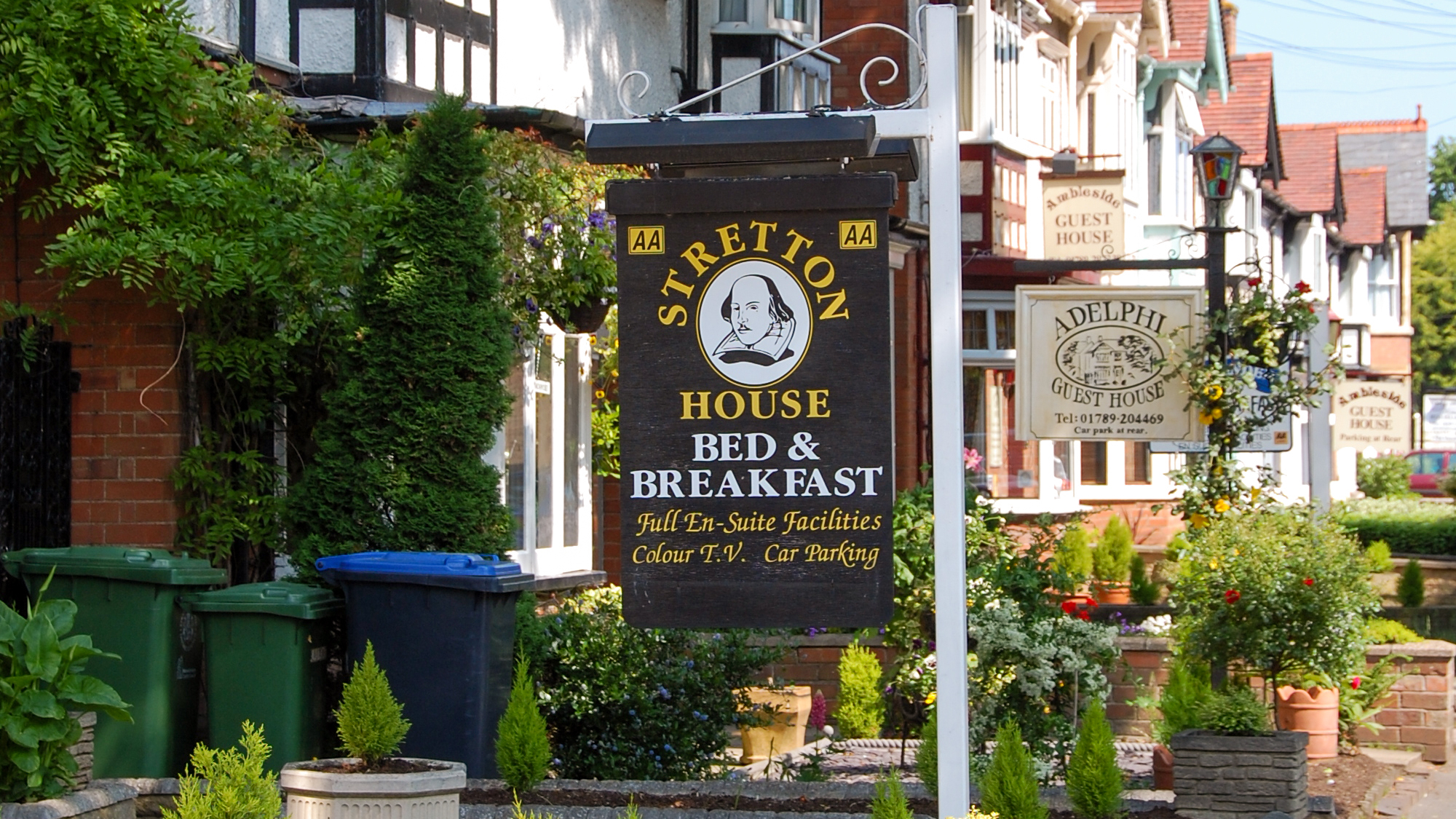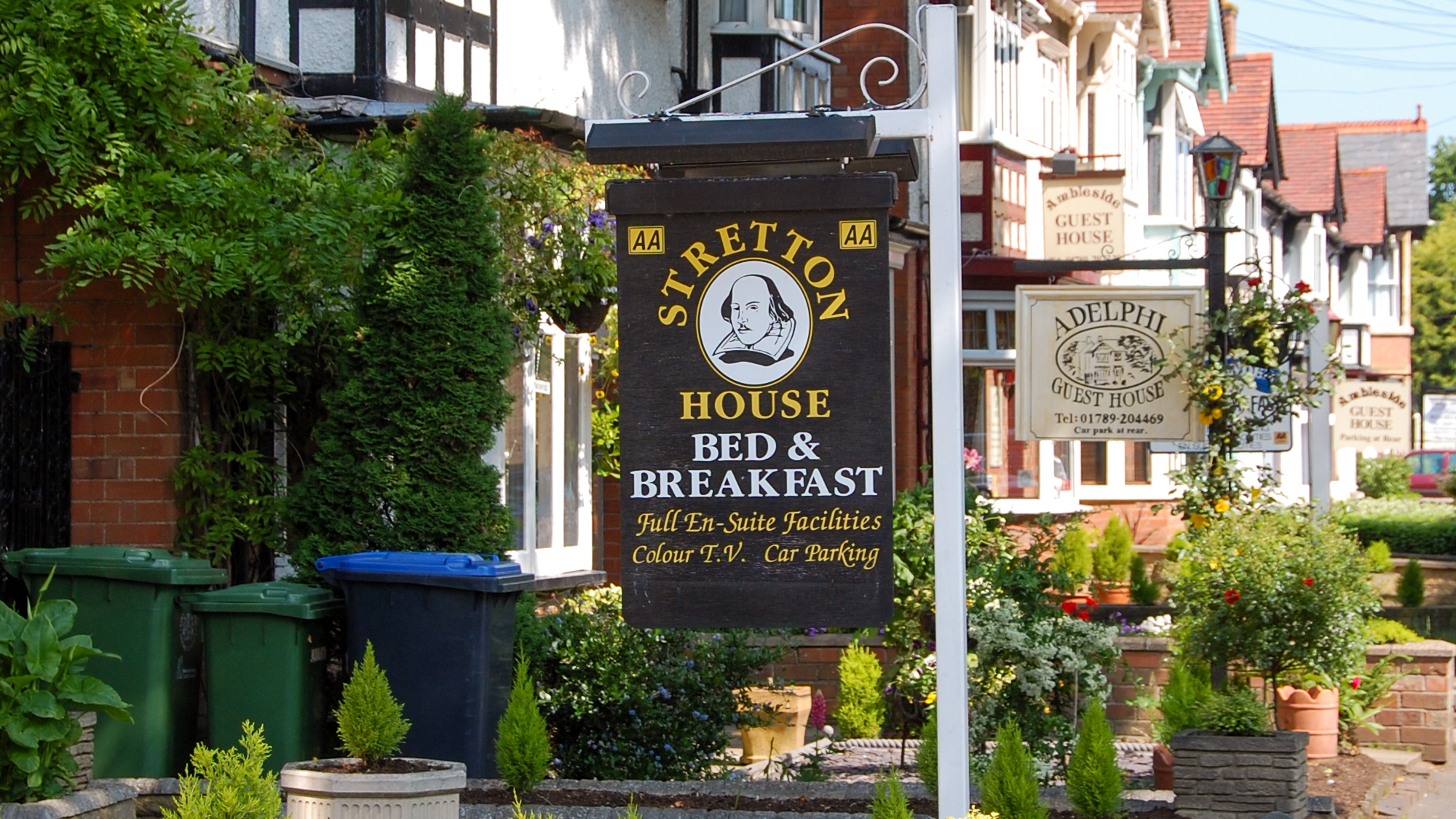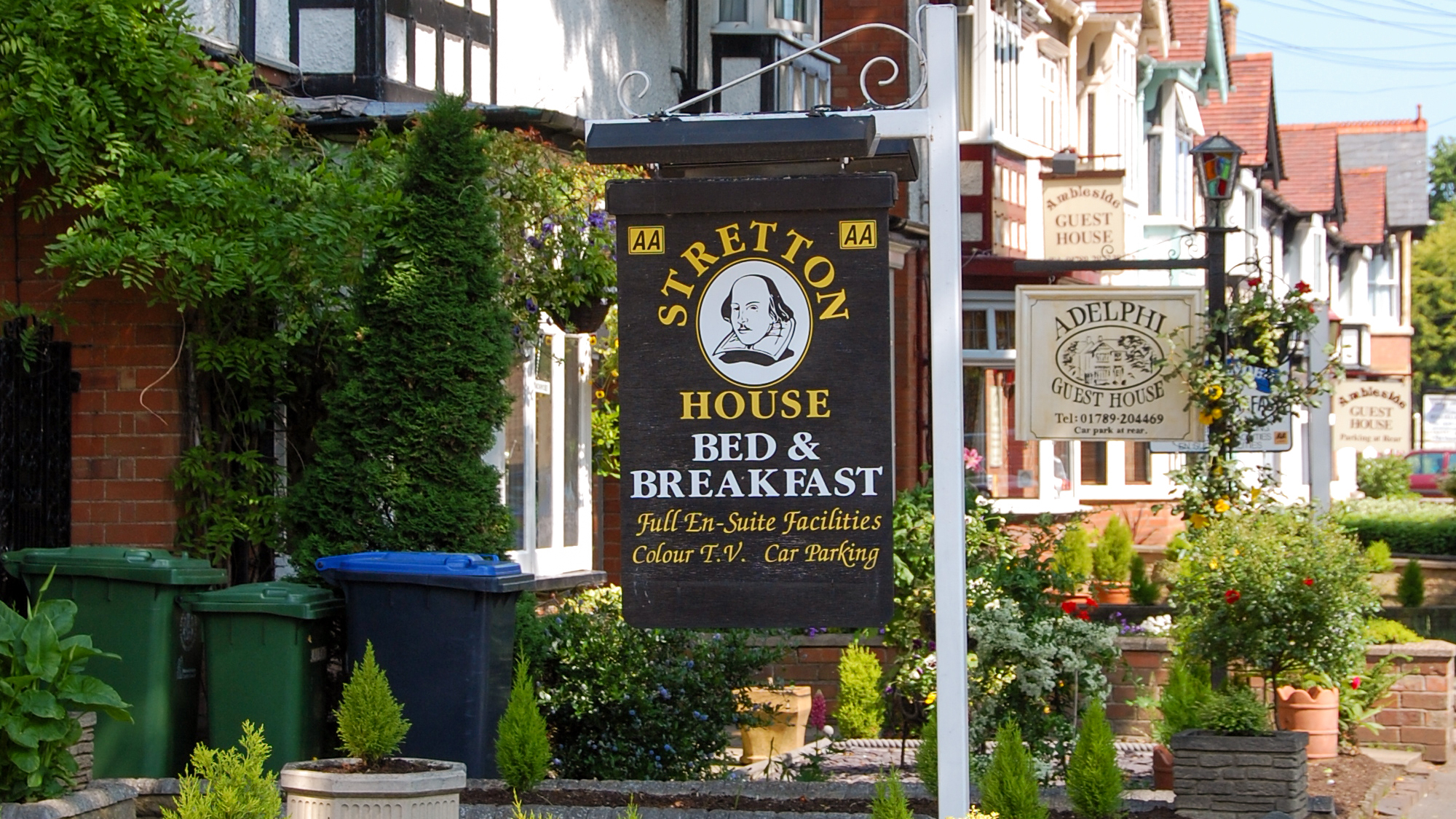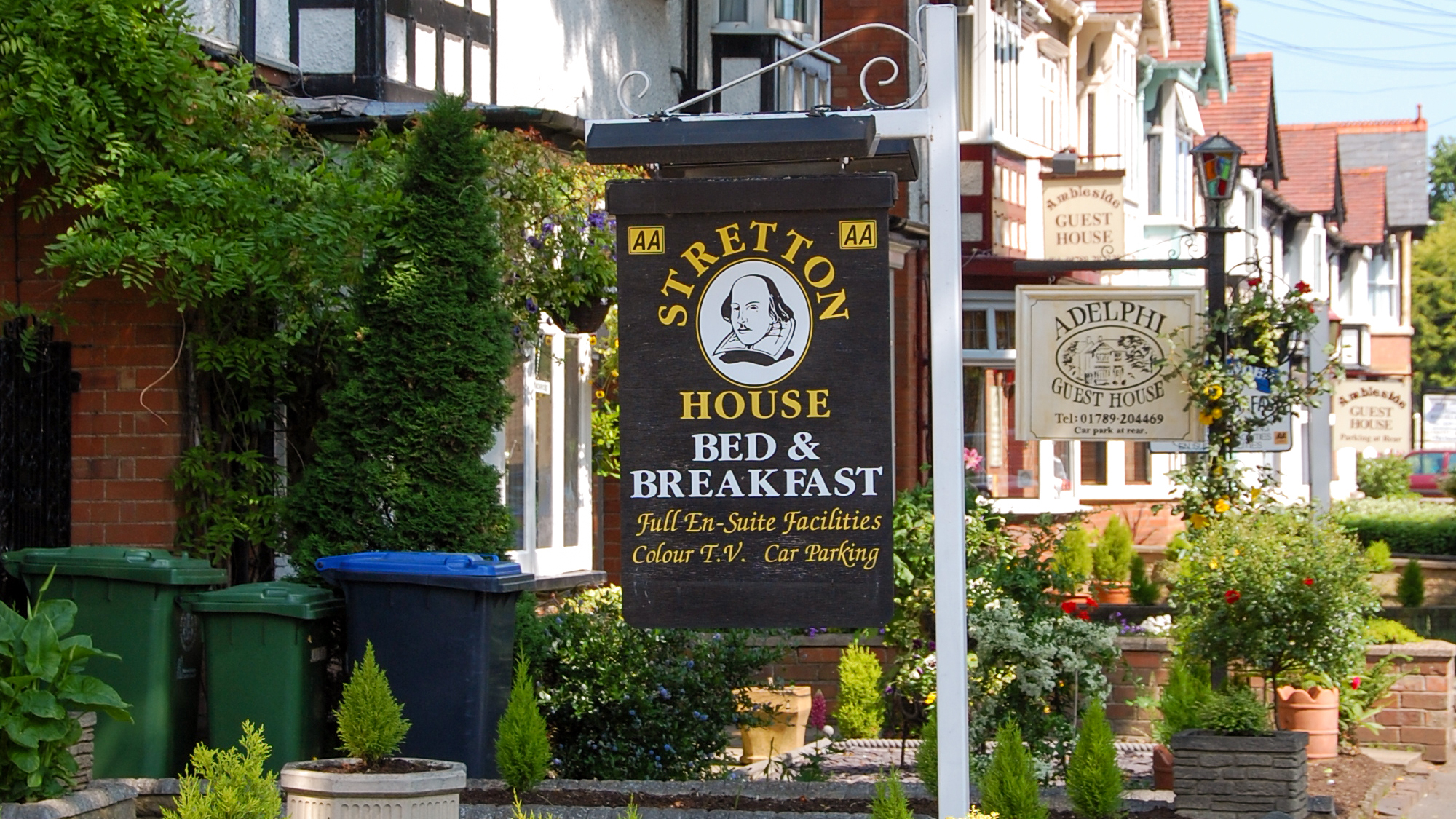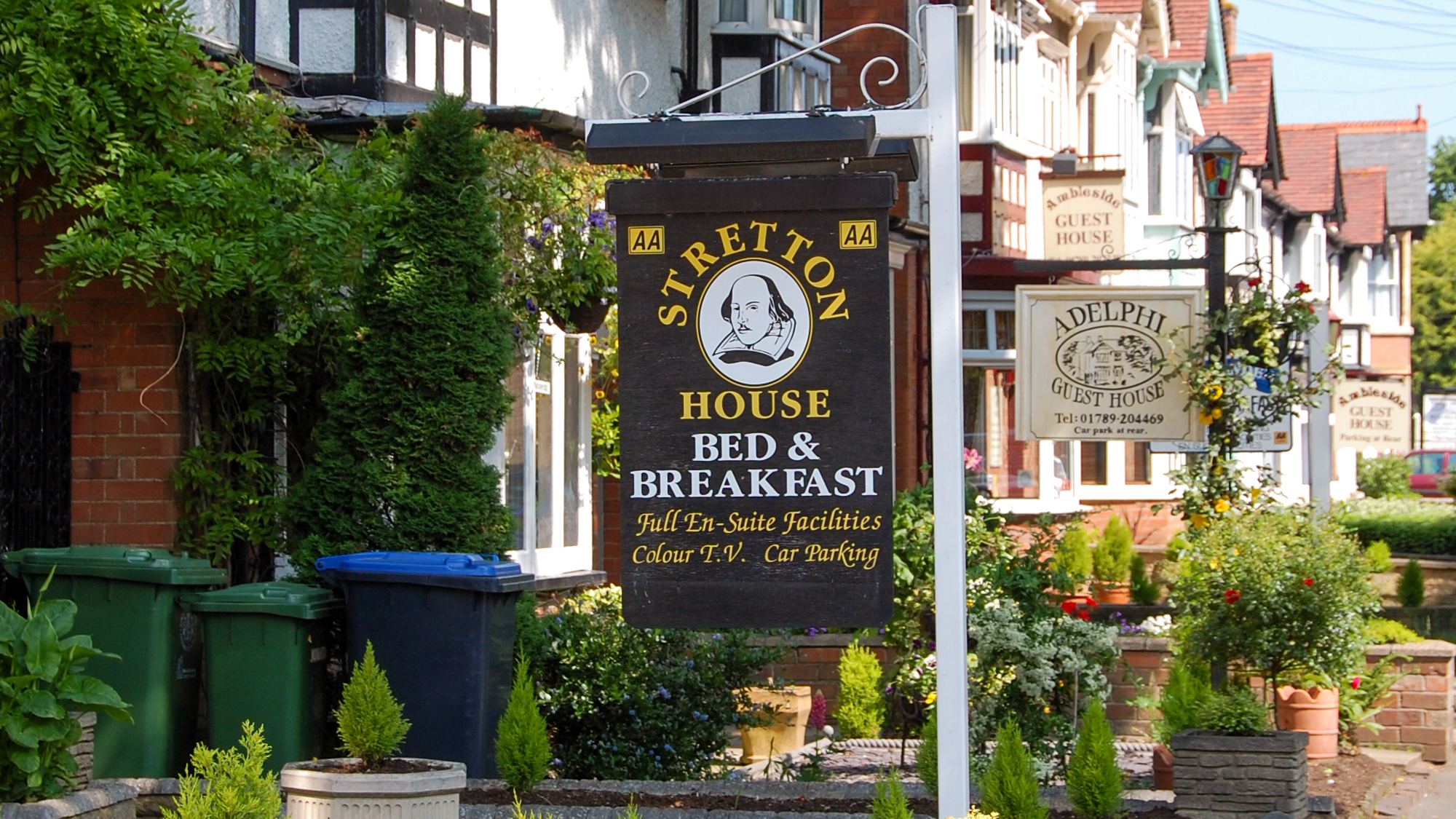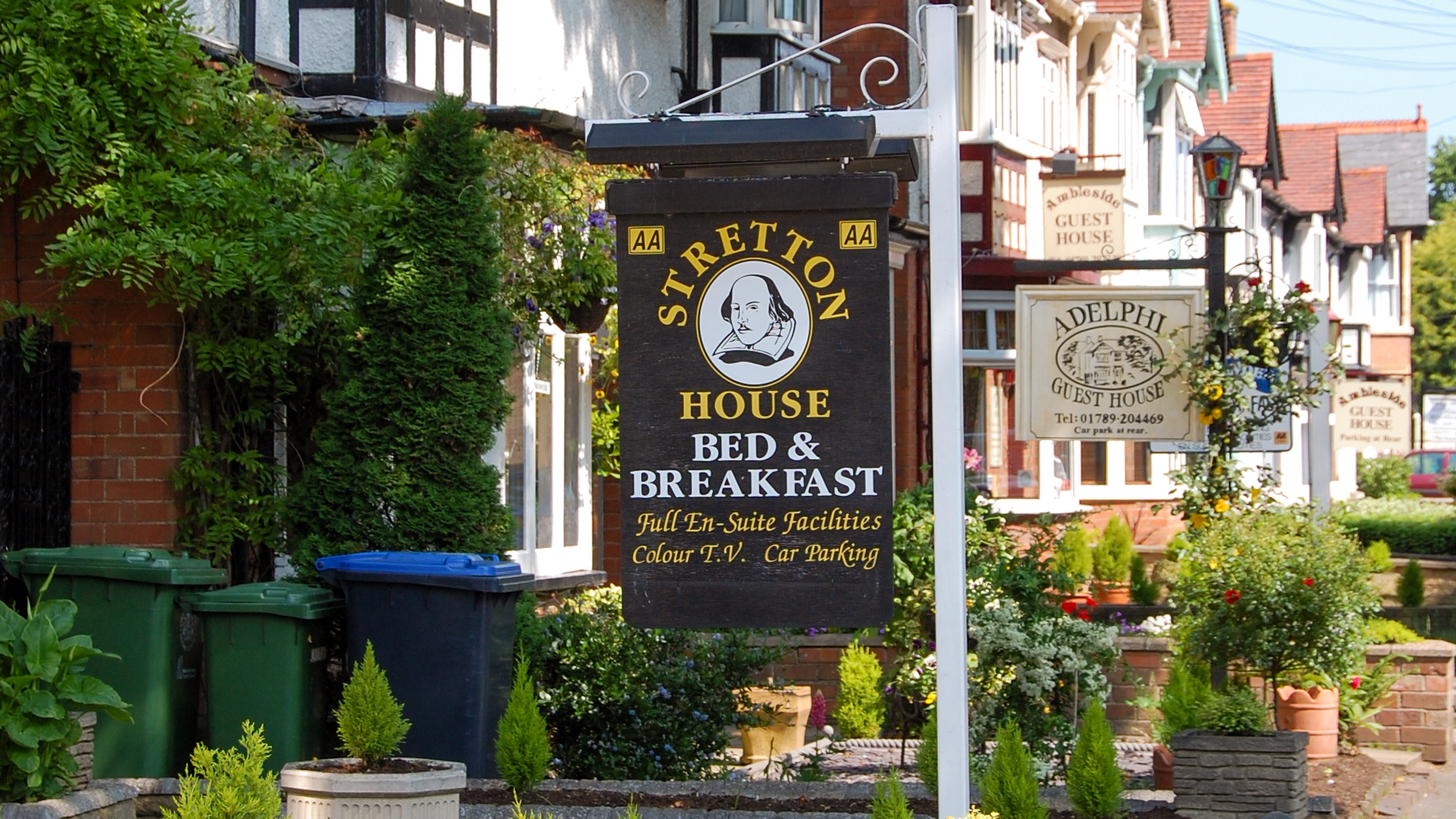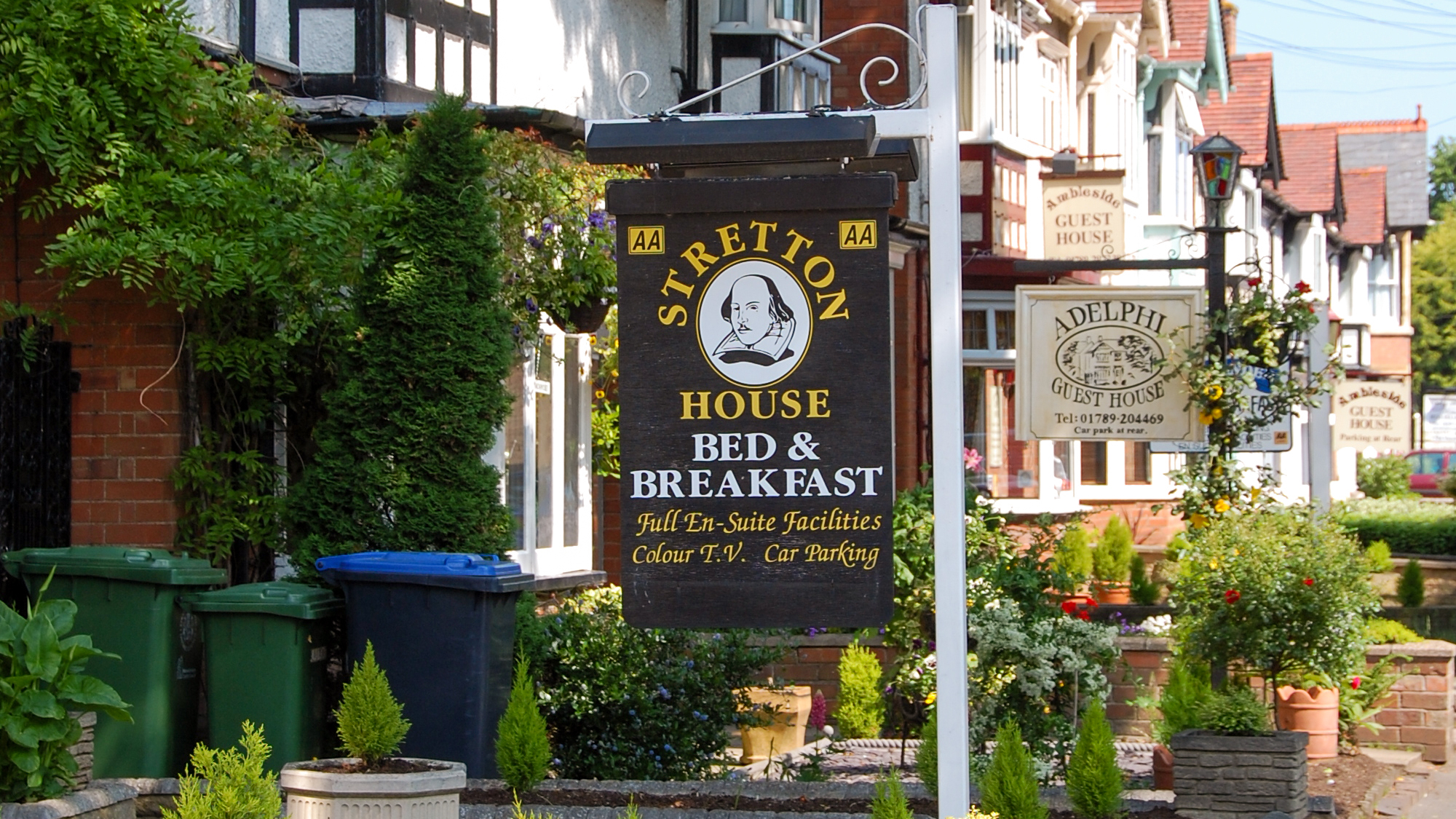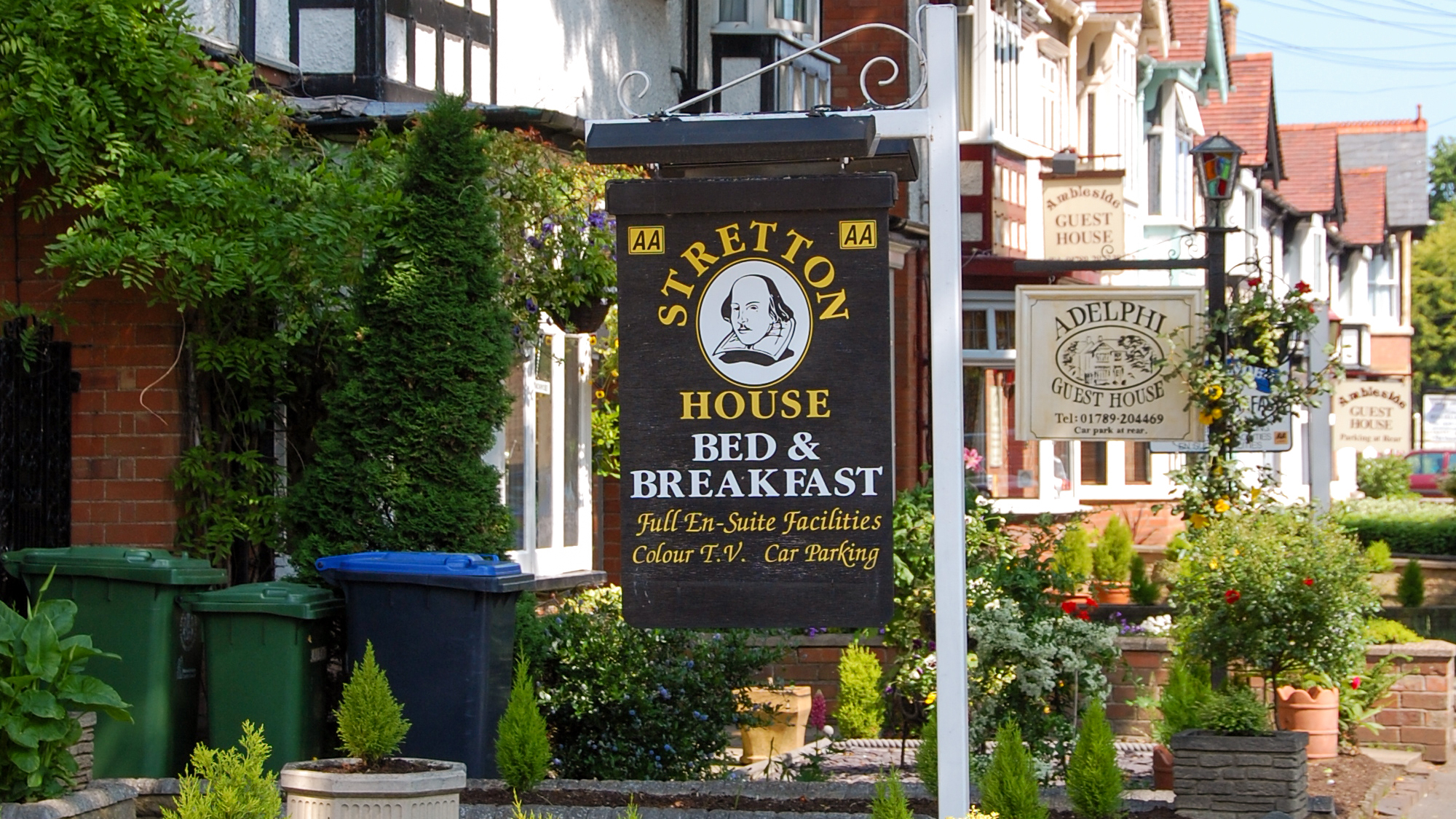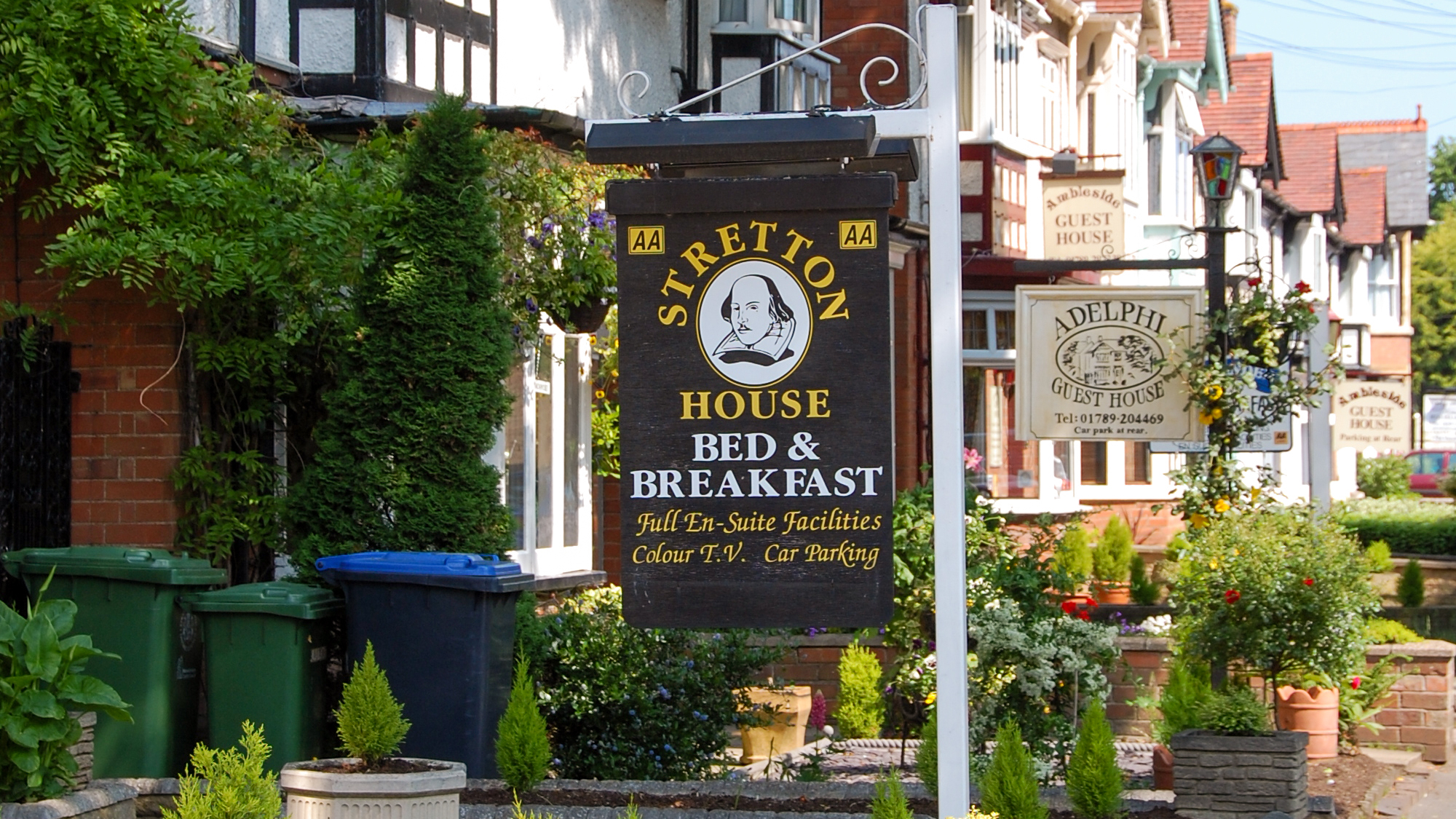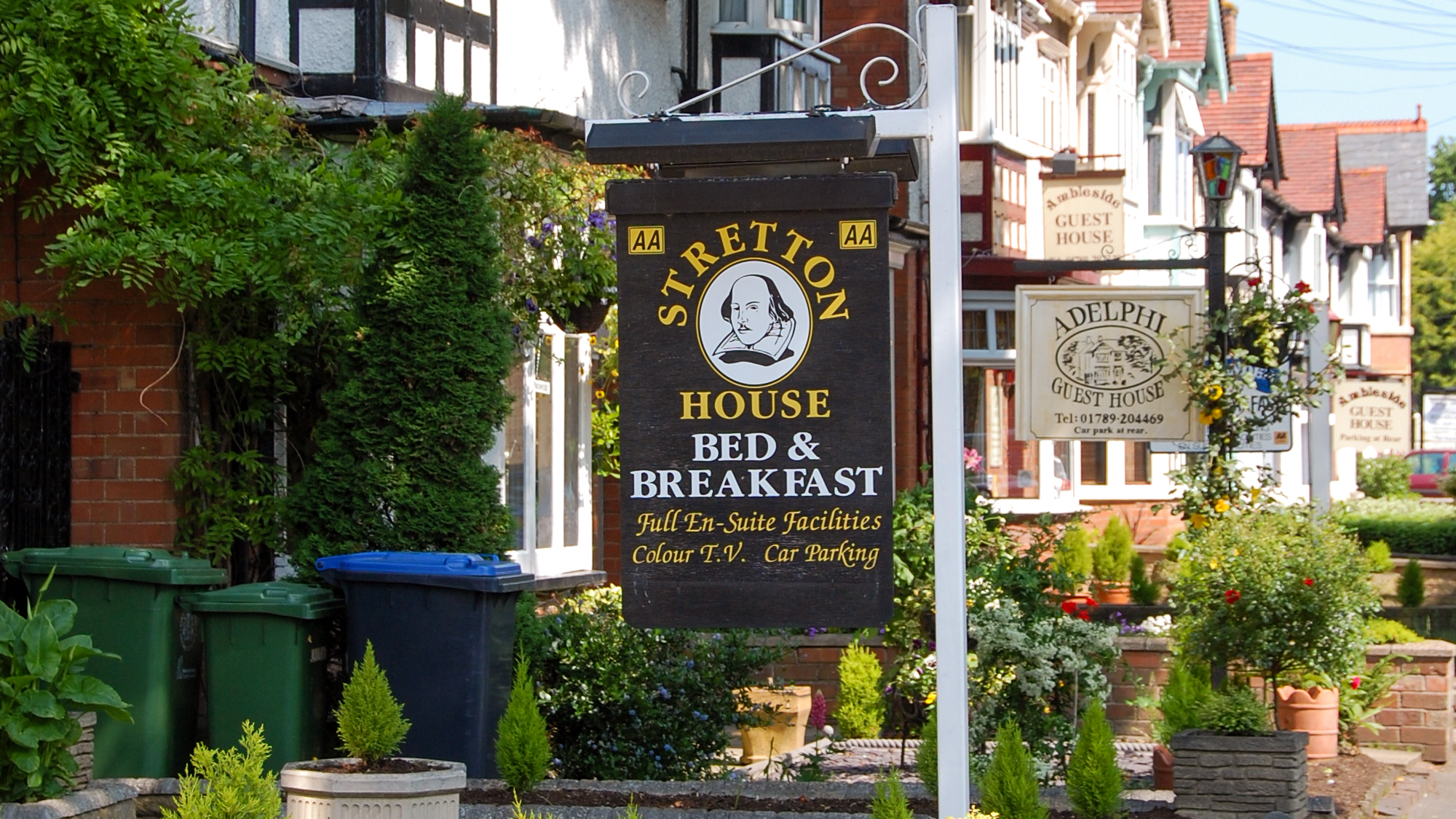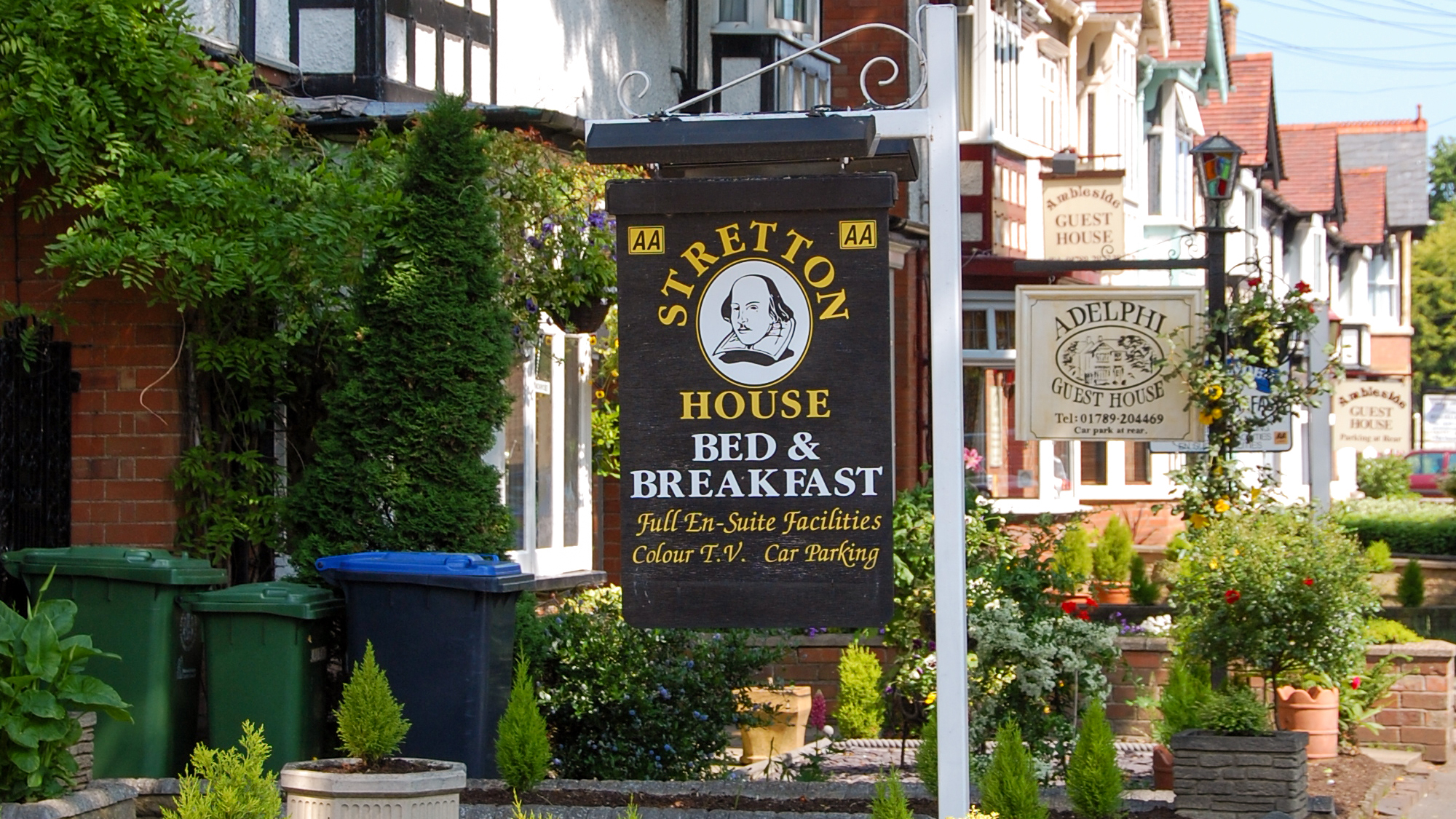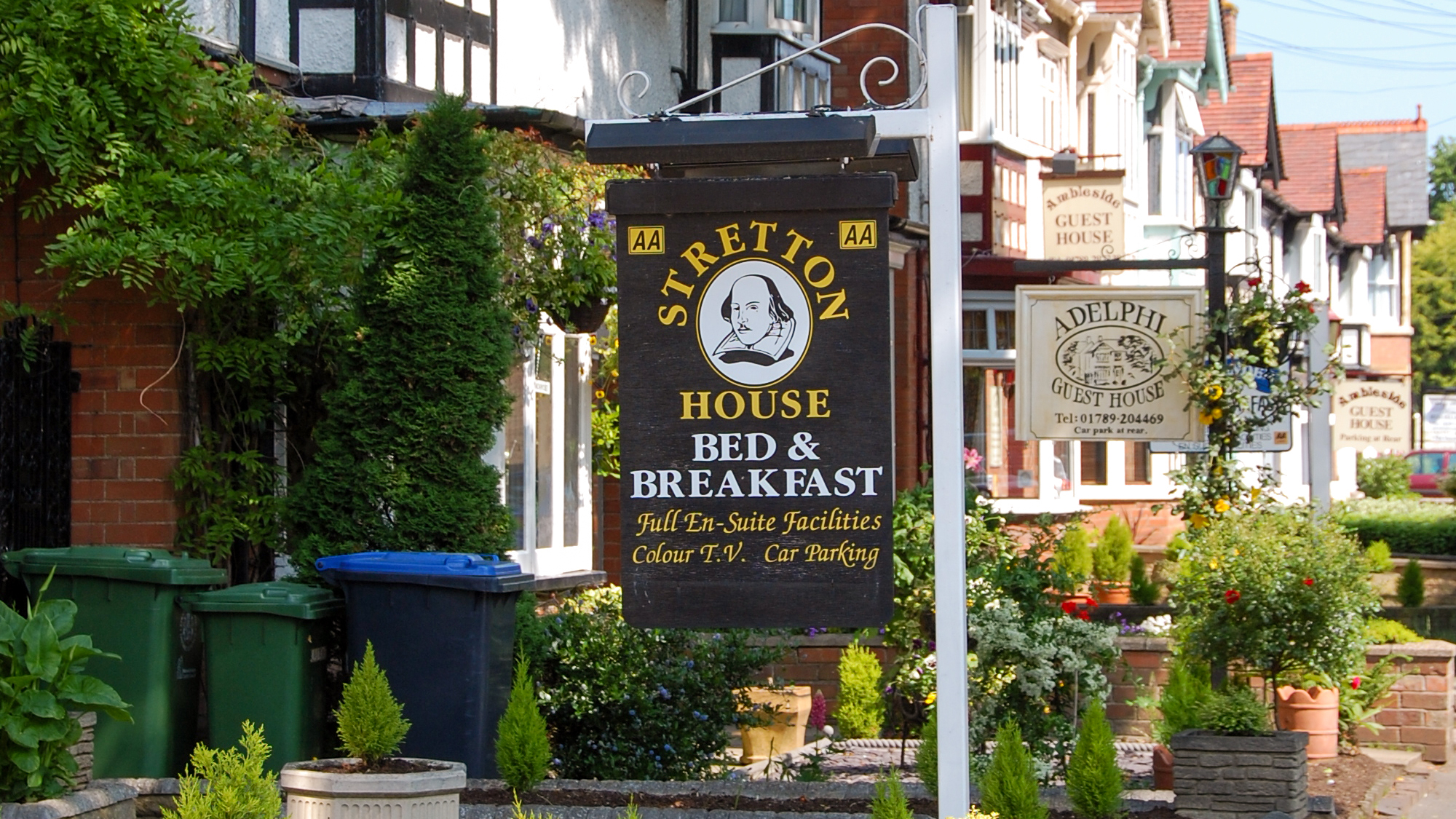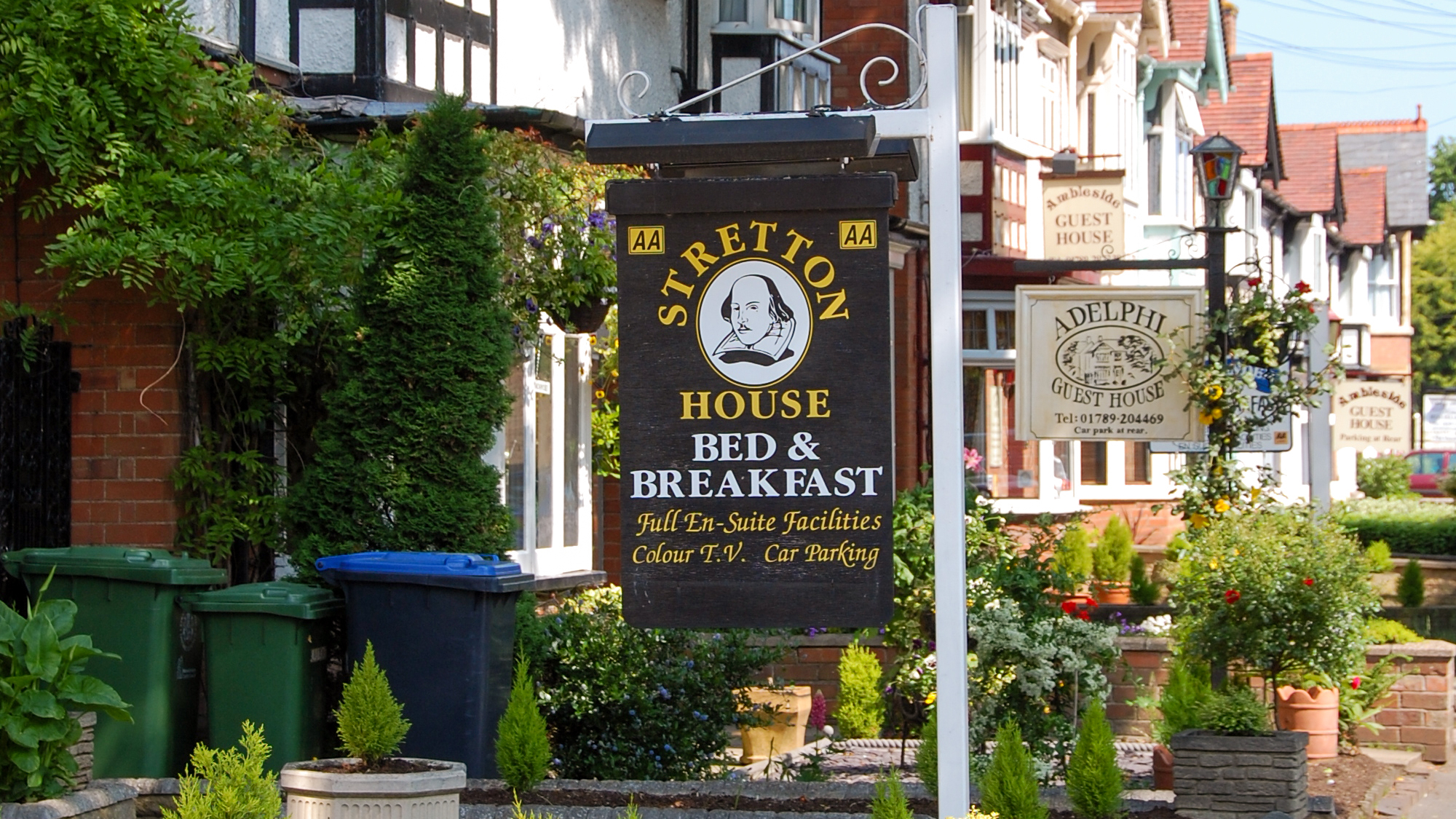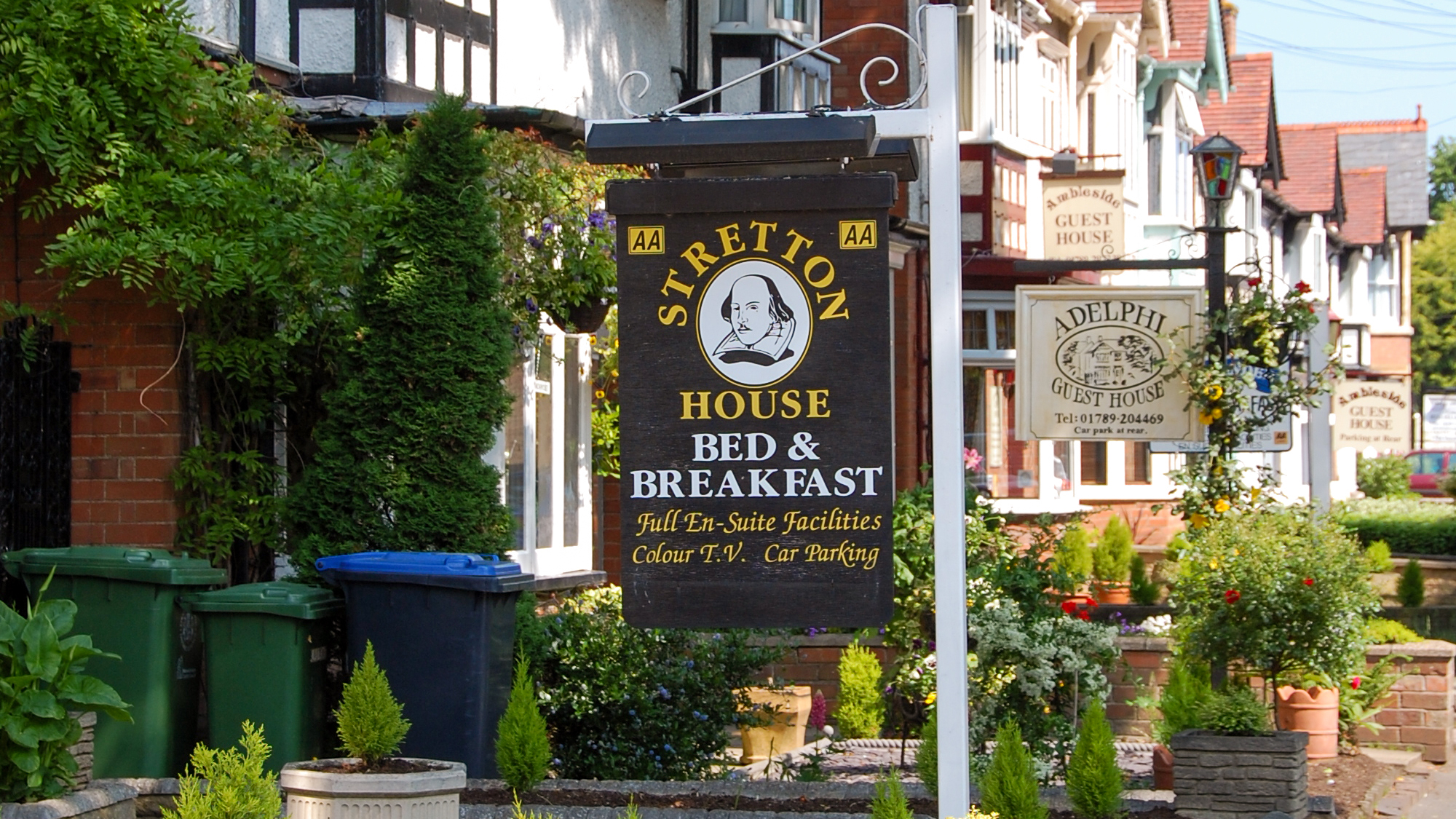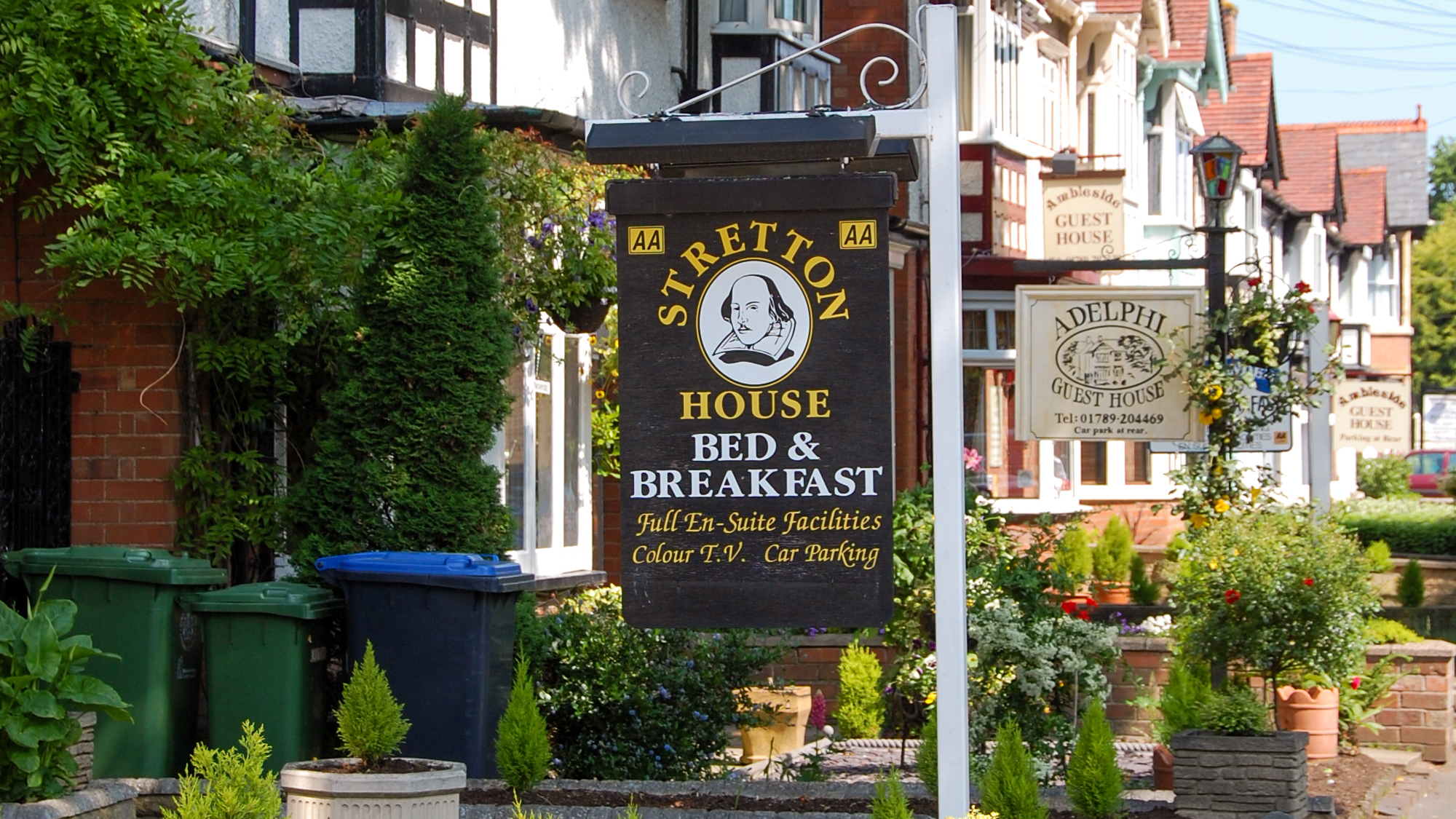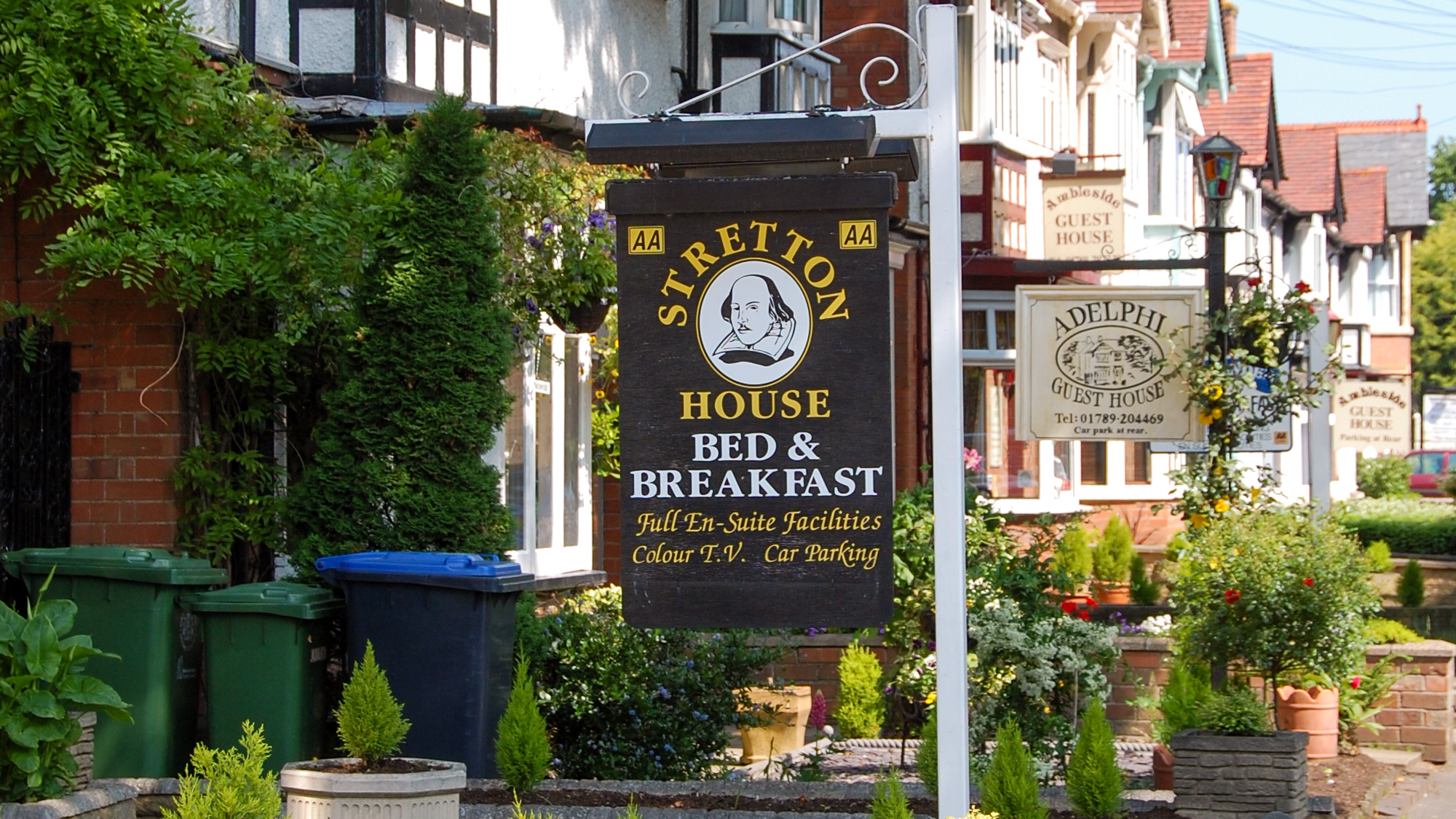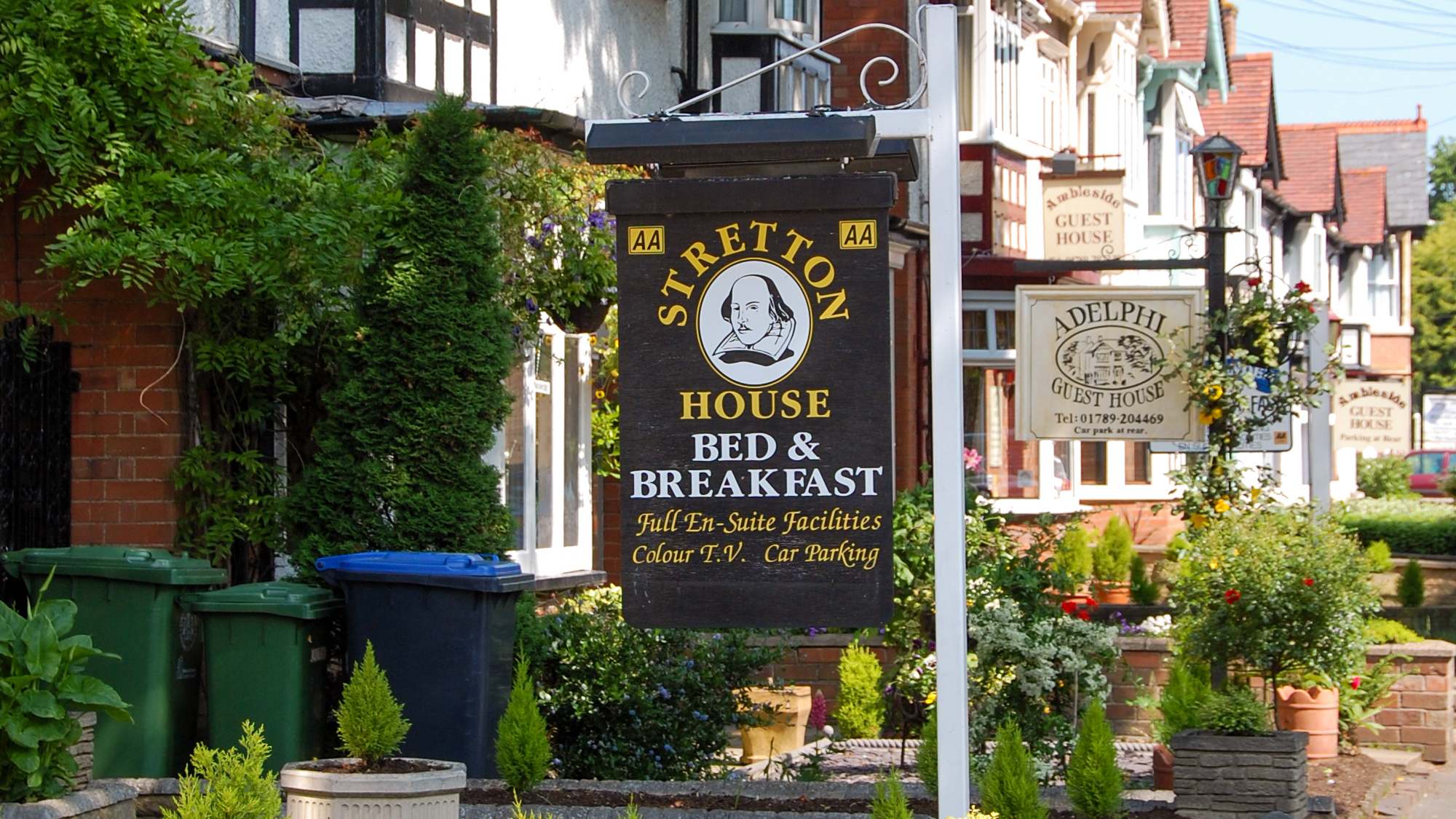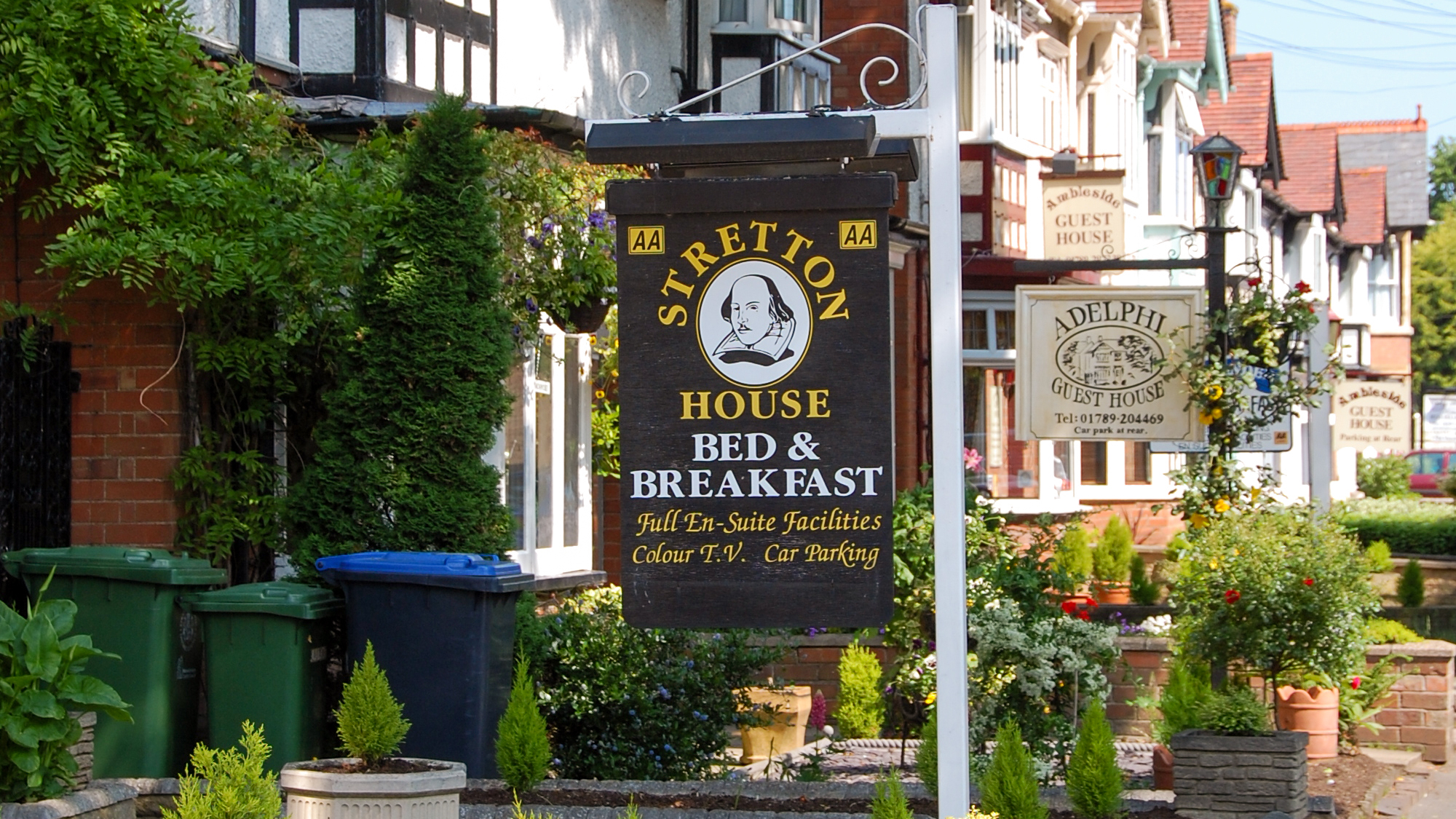Running a bed and breakfast is more than just a business – it's often a lifestyle choice that combines hospitality passion with property investment. However, when unexpected events force your B&B to close its doors, the financial impact can be devastating. Business interruption insurance specifically designed for bed and breakfast operations provides crucial protection when your revenue stream suddenly stops flowing.
Understanding Business Interruption Insurance for B&Bs
Business interruption insurance, also known as business income insurance, covers the loss of income that results from a covered peril that forces your bed and breakfast to suspend operations. Unlike standard property insurance that covers physical damage to your building and contents, business interruption insurance focuses on the financial losses that occur while your B&B cannot operate normally.
For bed and breakfast owners, this coverage is particularly vital because your business model depends entirely on guest occupancy. When you cannot accommodate guests due to fire damage, flooding, or other covered events, you lose not just one day's revenue – you potentially lose weeks or months of bookings, including peak season reservations that may be impossible to recover.
Key Components of B&B Business Interruption Coverage
Lost Revenue Protection forms the cornerstone of business interruption insurance for bed and breakfasts. This coverage calculates your average daily room revenue, meal income, and additional services revenue, then compensates you for these losses during the interruption period. The calculation typically considers seasonal variations, occupancy rates, and booking trends to provide accurate compensation.
Ongoing Expenses Coverage ensures that your fixed costs continue to be met even when revenue stops. This includes mortgage or rent payments, insurance premiums, utility bills, staff wages, marketing commitments, and loan repayments. For B&B owners, this protection prevents financial catastrophe when income disappears but expenses continue.
Additional Expenses Protection covers the extra costs incurred to minimize the interruption period or maintain operations elsewhere. This might include temporary accommodation for displaced guests, alternative breakfast arrangements, increased marketing to rebuild bookings, or rental costs for temporary premises.
Extended Period Coverage recognizes that B&B recovery extends beyond physical repairs. Even after your property is restored, it may take months to rebuild your guest base, restore online reviews and ratings, and return to normal occupancy levels. This coverage continues during the recovery period.
Common Causes of Business Interruption for B&Bs
Fire Damage represents one of the most serious threats to bed and breakfast operations. Kitchen fires, electrical faults, or guest negligence can cause extensive damage requiring months of repairs. During this period, your entire revenue stream stops while major expenses continue.
Flood and Water Damage can result from burst pipes, roof leaks, or external flooding. Water damage often requires extensive drying, renovation, and replacement of furnishings, carpets, and fixtures. The disruption period can extend for months, particularly if structural drying is required.
Storm and Weather Damage can force closure due to roof damage, broken windows, or fallen trees. Even minor damage may require guest evacuation for safety reasons, resulting in cancelled bookings and lost revenue.
Utility Failures including prolonged power outages, gas supply interruptions, or water supply problems can make your B&B uninhabitable for guests. Modern travelers expect reliable utilities, and even short interruptions can trigger cancellations.
Kitchen Equipment Breakdown can be particularly problematic for B&Bs that pride themselves on quality breakfast service. Commercial kitchen equipment failures may force you to cancel bookings if you cannot provide the promised dining experience.
Public Health Incidents or contamination issues can result in enforced closure by local authorities. Food poisoning outbreaks, legionella concerns, or other health hazards can shut down operations while investigations and remediation occur.
Industry-Specific Risks for Bed & Breakfasts
Seasonal Revenue Concentration creates unique challenges for B&B business interruption claims. Many establishments earn the majority of their annual revenue during peak seasons. An interruption during summer months or holiday periods can be financially catastrophic, making accurate sum insured calculations crucial.
Guest Dependency Risks arise because B&B success relies heavily on guest satisfaction and repeat bookings. Any interruption that affects service quality or forces guest relocation can damage your reputation and future bookings beyond the immediate interruption period.
Regulatory Compliance Issues can force closure if health and safety standards are compromised. Local authority requirements for fire safety, food hygiene, or building regulations must be maintained, and failures can result in enforced closure.
Historic Property Challenges affect many B&Bs housed in period buildings. Listed building restrictions, specialized materials requirements, and heritage compliance can extend repair periods significantly, increasing the interruption duration.
Calculating Your Sum Insured
Annual Revenue Analysis should consider your complete income streams including room revenue, breakfast income, additional services, and seasonal variations. Review three years of accounts to establish accurate average figures, accounting for growth trends and market changes.
Peak Season Protection requires careful consideration of seasonal revenue patterns. If your B&B earns 60% of annual revenue during a four-month peak season, an interruption during this period needs proportionally higher coverage.
Fixed Costs Assessment should include all ongoing expenses that continue during closure: mortgage payments, insurance premiums, utility standing charges, staff wages, marketing commitments, loan repayments, and professional fees.
Recovery Period Estimation must account for the time needed to rebuild your guest base after reopening. Consider advance booking patterns, marketing lead times, and reputation recovery when calculating the extended period coverage needed.
Claims Process and Documentation
Immediate Notification requirements mean contacting your insurer as soon as an incident occurs, even before the full extent of damage is known. Early notification enables loss adjusters to attend quickly and begin the claims process.
Financial Records Preservation is crucial for successful claims. Maintain copies of booking systems, financial records, and business accounts in secure, off-site locations. Cloud-based systems provide excellent protection for critical business data.
Mitigation Measures must be implemented to minimize the interruption period and additional costs. This might include arranging alternative accommodation for existing guests, implementing temporary breakfast solutions, or accelerating repair schedules.
Professional Support from loss adjusters, accountants, and restoration specialists can significantly improve claim outcomes. These professionals understand the complexities of B&B operations and can present your claim effectively to insurers.
Policy Exclusions and Limitations
Standard Exclusions typically include wear and tear, gradual deterioration, maintenance issues, and pre-existing problems. Ensure your property maintenance standards meet policy requirements to avoid coverage disputes.
Waiting Periods or excess periods mean coverage only begins after a specified time following the incident. Understanding these periods helps in planning temporary measures and managing cash flow during the initial interruption phase.
Maximum Indemnity Periods limit the duration of coverage, typically 12, 24, or 36 months. Choose periods that reflect realistic worst-case scenarios for your property type and location.
Underinsurance Penalties apply if your sum insured is inadequate. Many policies include average clauses that reduce claim payments proportionally if you are underinsured, making accurate valuations essential.
Integration with Other Insurance Covers
Property Insurance provides the foundation by covering physical damage that triggers business interruption. Ensure your property coverage limits are adequate to fund complete restoration, as business interruption coverage depends on property repairs being completed.
Public Liability Insurance protects against guest injury claims that might force closure or restrict operations. Integration ensures comprehensive protection when incidents affect both operations and liability exposures.
Employers Liability Coverage becomes crucial if you retain staff during interruption periods. Maintaining team continuity can accelerate recovery but requires appropriate insurance protection.
Professional Indemnity Insurance may be relevant if your closure affects pre-booked guests or causes financial losses to third parties. This coverage can complement business interruption protection in complex claim scenarios.
Cost Factors and Premium Considerations
Property Age and Construction significantly affect premiums, with older buildings and non-standard construction presenting higher risks. Historic properties may require specialized coverage with correspondingly higher costs.
Location Risks including flood zones, coastal exposure, or high-crime areas influence pricing. Understanding local risk factors helps in managing premiums and implementing appropriate risk reduction measures.
Revenue Levels directly impact premium costs as higher sums insured require higher premiums. However, underinsuring to reduce premiums can prove far more expensive if claims occur.
Risk Management Measures can reduce premiums through improved security systems, fire protection, maintenance programs, and staff training. Insurers often provide discounts for proactive risk reduction.
Choosing the Right Coverage Level
Conservative Approach involves insuring for worst-case scenarios with extended periods and high sums insured. This provides maximum security but requires higher premium investment.
Balanced Strategy considers likely scenarios while providing adequate protection for major incidents. This approach balances premium costs with comprehensive protection for realistic risks.
Risk Assessment should evaluate your specific exposures including property age, location risks, seasonal patterns, and financial resilience. Professional advice can help optimize coverage levels.
Regular Reviews ensure coverage remains adequate as your business grows and changes. Annual reviews should consider revenue changes, new services, property improvements, and market developments.
Recovery and Resilience Planning
Business Continuity Planning should identify alternative arrangements for maintaining some operations during interruptions. This might include partnerships with other B&Bs, temporary breakfast solutions, or alternative revenue streams.
Marketing Recovery Strategies help rebuild your guest base after reopening. Consider how you will communicate with existing customers, restore online presence, and rebuild booking momentum.
Financial Management during interruption periods requires careful cash flow planning. Understanding when insurance payments will arrive and how to manage expenses during the claims process is crucial.
Professional Support Networks including restoration specialists, temporary accommodation providers, and marketing consultants can accelerate recovery and minimize interruption periods.
Regulatory and Compliance Considerations
Local Authority Requirements must be maintained throughout any restoration process. Understanding planning permissions, building regulations, and licensing requirements prevents delays in reopening.
Health and Safety Standards require particular attention during repairs and restoration. Ensuring compliance with fire safety, food hygiene, and guest safety regulations is essential for successful reopening.
Insurance Compliance includes meeting policy conditions, maintaining security measures, and implementing required risk management procedures. Non-compliance can void coverage when you need it most.
Future Trends and Considerations
Climate Change Impacts are increasing weather-related risks for many B&B locations. Consider how changing weather patterns might affect your property and ensure coverage reflects evolving risks.
Technology Dependencies including booking systems, payment processing, and communication tools create new interruption risks. Ensure coverage addresses technology failures and cyber-related interruptions.
Guest Expectations continue to evolve, with higher standards for facilities, services, and safety measures. Interruptions that affect service quality may have longer-lasting reputation impacts.
Market Competition means recovery from interruptions may be more challenging as guests have more accommodation options. Consider how market changes affect your recovery planning and coverage needs.
Conclusion
Bed and breakfast business interruption insurance provides essential protection for hospitality businesses where revenue depends entirely on guest occupancy. The unique characteristics of B&B operations – seasonal revenue patterns, guest dependency, and often historic properties – create specific insurance needs that require specialized coverage.
Successful protection requires accurate sum insured calculations, appropriate policy periods, and integration with other insurance covers. The cost of adequate coverage is minimal compared to the financial devastation that can result from uninsured business interruption.
Regular policy reviews, professional advice, and comprehensive risk management help ensure your coverage remains effective as your business evolves. When interruption occurs, proper documentation, prompt notification, and professional support maximize claim outcomes and minimize recovery time.
For bed and breakfast owners, business interruption insurance isn't just about financial protection – it's about preserving the hospitality business you've built and ensuring you can continue welcoming guests for years to come.


 0330 127 2333
0330 127 2333
